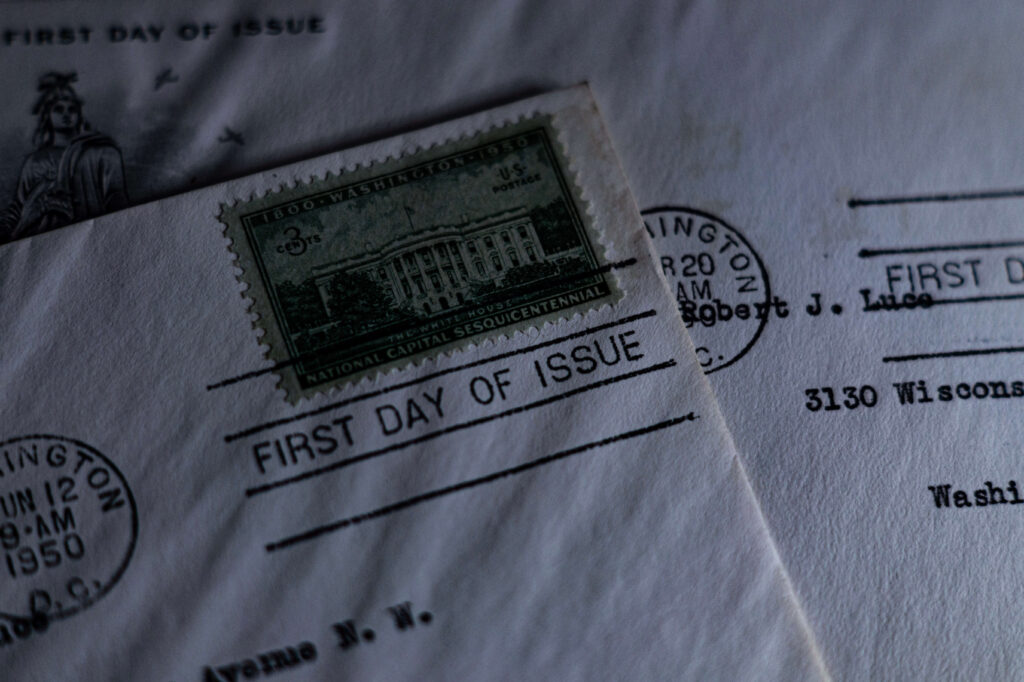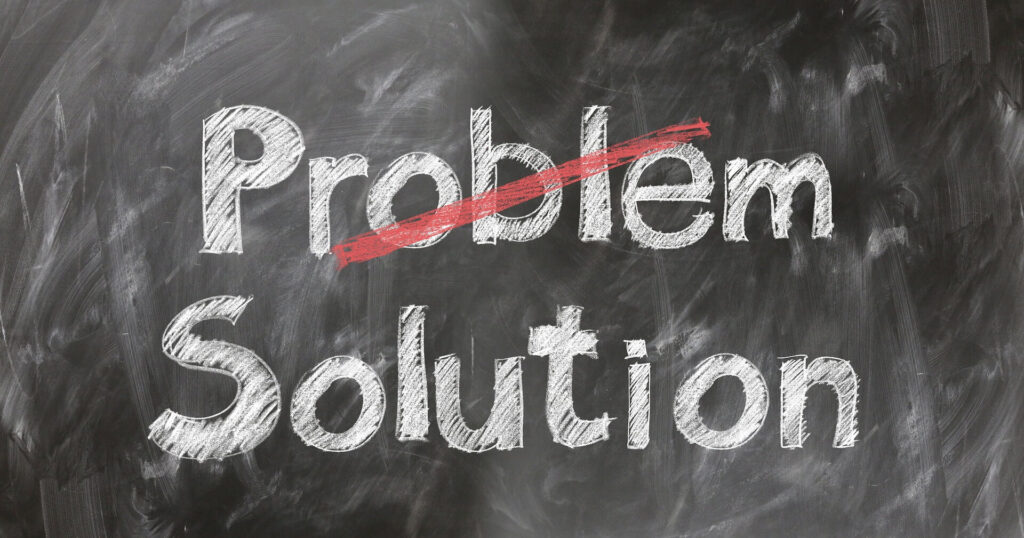What to Do if a Client Doesn’t Pay The Invoice? Receive What You Deserve

Do you know what to do if client doesn’t pay invoice? This is a very unfortunate situation, but it does happen. Sometimes, even after duly issuing invoices, your client fails to pay on time. We understand the frustration because as a freelancer, you rely on payments to ensure good cash flow and financial footing for your business.
In most cases, clients pay on or before the payment due date indicated on the invoice. After all, invoices are issued to avoid the dilemma of a freelancer not getting paid on time. Online invoices have made payment easy for clients through payment buttons that link directly to payment portals. Still, there are times when clients do not remit payment when they should. Then you must know what to do if client doesn’t pay invoice.
What to Do if Client Doesn’t Pay Invoice?

So what do you do if your client does not pay his invoice on time? First things first. Keep your cool. Relax. It’s not yet time to panic. Keeping your composure will help you maintain a professional tone when you make the follow-up notice or call your client. It will also help you have a clear mind so you can think of practical and efficient ways on how to ask for money from clients.
1. Issue a Past-Due Invoice
It has to be established from the beginning of the transaction that there will be overdue charges should your client fail to pay within the agreed period. It must also be highlighted on your initial invoice. So now that they missed the due date, you must issue a past-due invoice with penalties charged.
To maintain professionalism, use online invoicing tools to issue this new invoice (if you did not use one on the original invoice). Using invoicing tools like Kosmo is a professional and efficient way to invoice freelance work. Kosmo will send an email notification to your client that you have issued an invoice to them so you don’t have to do this yourself.
Receiving a past-due invoice with penalties added to the original contract amount can compel your client to pay immediately.
2. Send an Official Notice
As a freelancer, you have to ensure that your client understands that you are running a business. This is not a hobby. Therefore, an official notice may be sent to your client for failing to pay on time.
Write a letter using your letterhead, or if you don’t have one, simply brand your document with your logo or name. When writing your letter, keep in mind that your client may not be intentionally dodging payment. Watch your word choices and mind your tone. Keep it professional and by all means, refrain from sounding rude or arrogant. Tell them that you are issuing this official notice because they have missed payment. Inform them that you are willing to discuss if there are any issues with the sent invoices. Your client is more likely to reply if they feel that you are open to hearing their side.

You may send the letter via email or snail mail. Or you can do both. This ensures that your client receives your letter.
3. Offer Other Payment Methods
One of the possible reasons for a delay in payments is that your clients may be having some difficulties with the current payment methods you prefer. If you are in a good relationship with your client, you can ask them if other modes of payment will be more convenient for them. For example, if Paypal or Stripe is not available to them, maybe you can suggest other platforms, like Cash App. Just make sure that if you suggest this, you also know the process and format to collect Cash App from client.
4. Utilize Social Media
Try to reach out to your client through social media. Nowadays, everybody has at least one social media account. These platforms have messaging or chat features that you can utilize to contact your client.
5. Seek Legal Advice

If all else fails, then it’s time to call your lawyer.
Suing for non-payment of your services or products must be your last course of action. A lawsuit is tedious, expensive, and will take much of your time. So before you decide if you will pursue a case against your client, make sure you have exhausted all possible means to collect payment. Have you tried calling your client, sending messages, or meeting with them personally? Have you sent invoices, official notices, and reminders?
If you believe you have done everything and your client still refuses to pay, then it’s time to seek legal advice. Let your lawyer check your official documents, like proposals, contracts, and invoices. Ask about the processes, fees, and everything in between. If you are going to sue your client, make sure you understand perfectly well how this will come about.
Conclusion

Encountering clients who don’t pay on time is one of the challenges you will face as a freelancer. Even if you have developed a good relationship with your client during the course of the project, this may still happen. Having a contingency plan for these situations is the best practice for a freelancer. This way, you will know what to do and how to handle it professionally.
Of course, a follow-up is the obvious next step when your client misses the deadline. But when the first follow-up didn’t work, then you have to rely on other measures to collect payment. Being prepared and knowing what to do if the client doesn’t pay an invoice is a strength because after completing and delivering obligations, it is only right that you receive the payment that you truly deserve.
Get Organized & Win More Clients
Kosmo has everything you need to run your freelancing business.